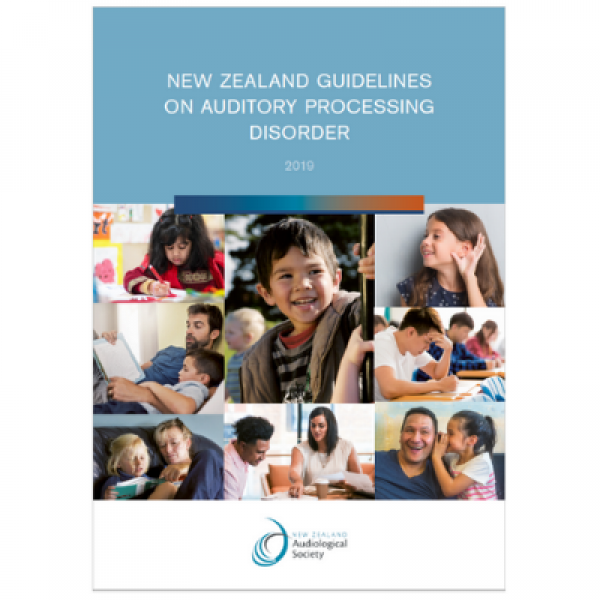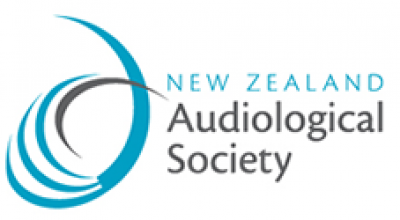Auditory Processing Disorder (APD)
 Auditory processing disorder (APD) is an overall term for hearing disorders that result from impaired processing of auditory information in the brain. The symptoms of APD bear many similarities to other types of hearing disorder, but APD differs in that it is not detected by standard audiometric assessments. The overall prevalence in children in New Zealand is estimated at 6.2%, with higher rates in some populations, and also the elderly. APD can affect academic achievement, participation, career opportunities and social development.
Auditory processing disorder (APD) is an overall term for hearing disorders that result from impaired processing of auditory information in the brain. The symptoms of APD bear many similarities to other types of hearing disorder, but APD differs in that it is not detected by standard audiometric assessments. The overall prevalence in children in New Zealand is estimated at 6.2%, with higher rates in some populations, and also the elderly. APD can affect academic achievement, participation, career opportunities and social development.
APD should be suspected when there are otherwise unexplained reports or observations of poor hearing and auditory comprehension in some circumstances despite normal pure tone hearing test results. APD is diagnosed by audiologists using specialised auditory tests. Supplementary information on language development, cognitive abilities, and ability to cope in learning environments is also considered in diagnosing APD in children.
APD is very treatable. The main treatments are auditory training, assistive hearing technology, and (for children) language therapy including phonological processing therapy. Due to the neuroplasticity of the brain, auditory training and use of assistive hearing technology can engender permanent improvements in auditory skills. Consequently assistive hearing devices are not generally required long term for children with APD.
Checklist of APD symptoms and commonly related conditions
Following is a checklist of key symptoms of APD, and commonly related conditions, that can be used to identify individuals who should be referred for APD assessment:
Symptoms of hearing or listening problems not consistent with results of basic hearing assessment;
- difficulty following spoken directions unless they are brief and simple
- difficulty attending to and remembering spoken information
- slowness in processing spoken information
- difficulty understanding in the presence of other sounds
- being overwhelmed by complex or “busy” auditory environments e.g. classrooms, shopping malls
- undue sensitivity to loud sounds or noise
- poor listening skills
- preference for loud television volume
- insensitivity to tone of voice or other nuances of speech
Presence of commonly related conditions;
- brain injury
- neurological disorders affecting the brain
- history of frequent or persistent middle ear disease (otitis media, ‘glue ear’)
- difficulty with reading or spelling
- suspicion or diagnosis of dyslexia
- suspicion or diagnosis of language disorder or delay.
New Zealand Guidelines on Auditory Processing Disorder
The New Zealand Guidelines on Auditory Processing Disorder are intended to provide guidance to clinicians, public agencies, the wider community of professionals who need to know about auditory processing disorder (APD), and people with APD and their families.
Please use the link below for guidelines specifically related to APD assessment via telehealth. These guidelines aim to ensure that the quality of services delivered via telepractice are consistent with the quality of services delivered face-to-face, to mitigate risk of misdiagnosis and facilitate equity of access to diagnostic services. This addendum should be read in conjunction with the NZ APD Guidelines above.
Download Auditory Processing Assessment via Telehealth Addendum >

Summary Guidelines
Medical
For medical practitioners, especially paediatricians and GPs
Download Summary Guidelines here >
Education
For professionals in education, psychology and speech-language
Download Summary Guidelines here >
General
For consumers and their families

